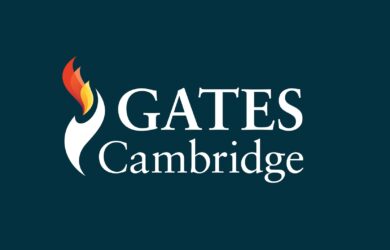Todd Tucker will be speaking about the power of arbitrators at a conference this week on international investment arbitration.
Arbitrators in international investment cases play a huge role in creating law and steering state behaviour, according to research by a Gates Cambridge Scholar which will be presented at an international conference this week.
Todd Tucker will be presenting his research on International Investment Arbitration at a World Trade Institute conference in Bern on Friday.
It shows that, unlike in other settings where judges help interpret and institutionalise legal concepts initially set in motion by politicians and intellectuals, investment arbitrators help generate it from the start.
IIA is a treaty-like instrument between two or more nations that marries substantive investor protections with the procedural right of investors of one party to sue the government of one of the other parties.
Tucker’s paper seeks to establish what norms arbitrators create about states and how. It shows arbitrators both in tribunals that rule against and in favour of states use a mix of assertive ‘stating’ and relative ‘positioning’ modes and of ‘affirming’ and ‘disciplinary’ tenors when creating norms about states. In fact, Tucker says tribunals that sided with states appeared drawn to states that behaved more like private companies.
His analysis demonstrates that investment merit awards contain competing notions of strong and constrained states, and that arbitrators may be helping create a discourse that normalises greater state restraint and that favours states which act more like businesses than states.
Tucker [2012], who is doing a PhD in Development Studies, said: “When executive branch officials get sued in their own courts, they defend the case in front of judges that are officials of the same system of government. These judges defer to their executive branch officials, who tend to win many more cases than they lose. In contrast, investment arbitrators stand outside of the state system altogether. While governments still win slightly more arbitration cases than they lose, investment arbitrators’ language shows that they are willing and able to pass harsh judgment on government actions in a way that we’re less likely to see at the domestic level.”












